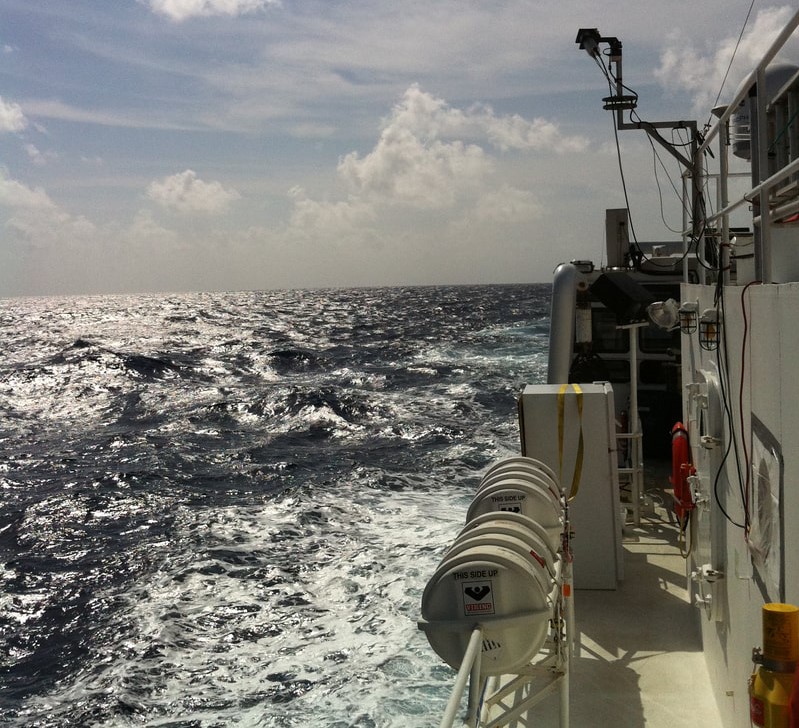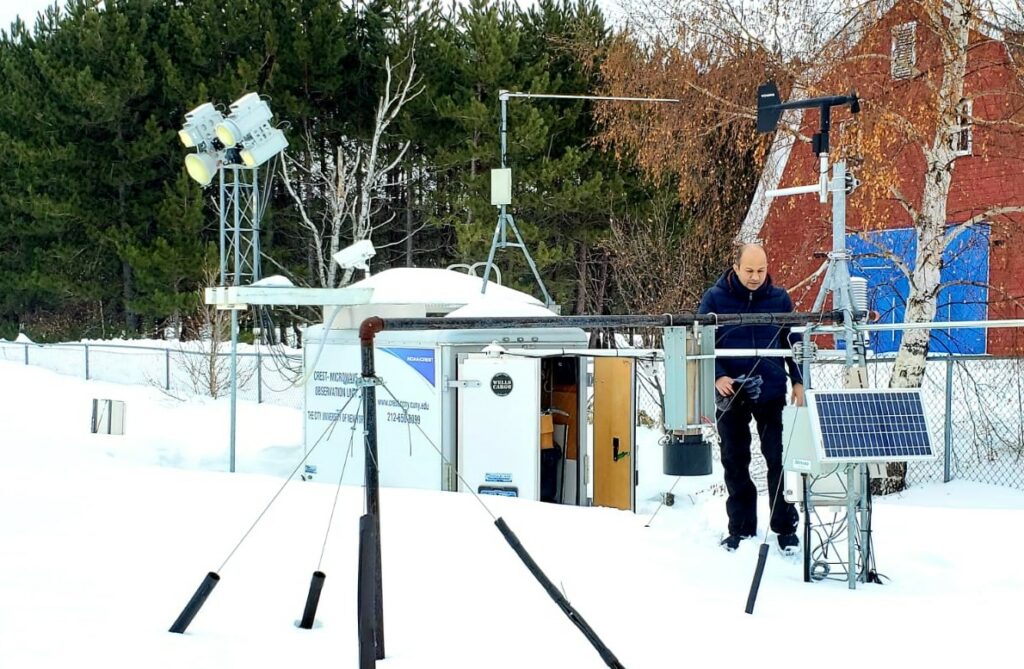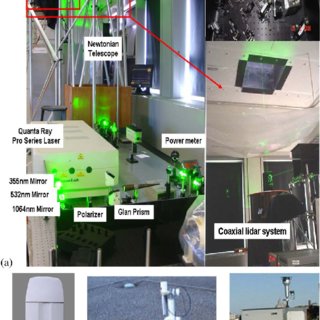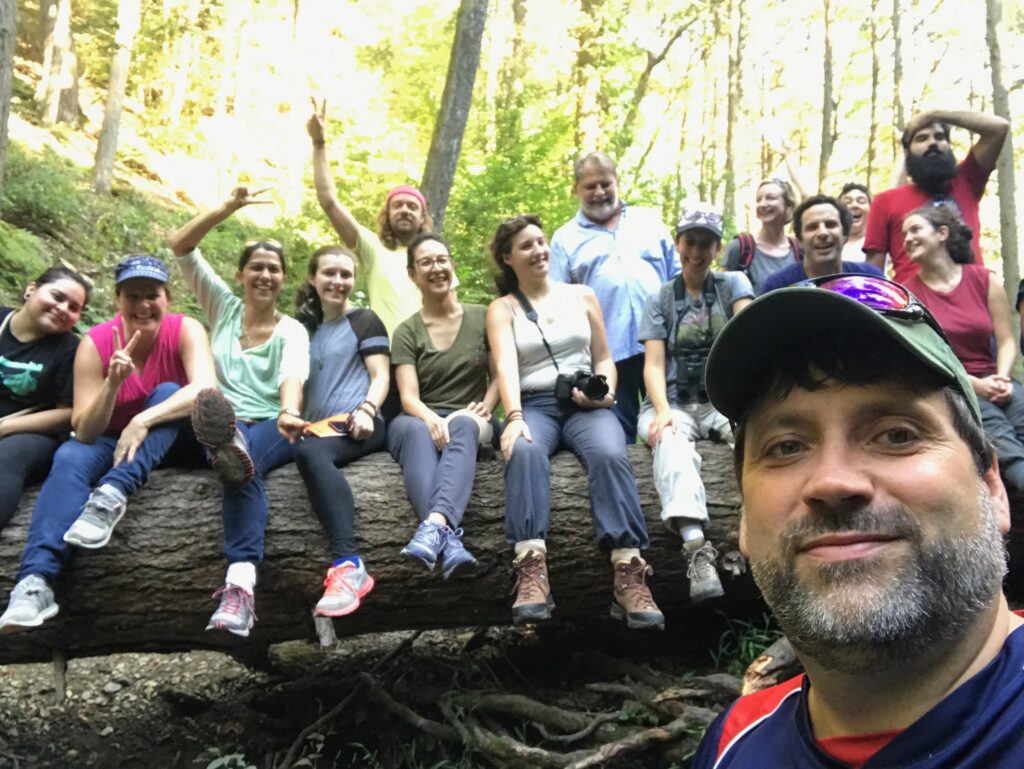Director: Prof. Maria Tzortziou
Research in the Tzortziou Bio-Optics laboratory focuses on assessing impacts of anthropogenic pressures and environmental hazards on inland, coastal, and open ocean biogeochemical cycles, ecological processes, and ecosystem services across temporal and spatial scales. Specific environmental stressors addressed in ongoing projects include urban development, human population shifts, atmospheric pollution, eutrophication, global warming, sea level rise, permafrost thawing, and changing hydrological regimes. Research in the Tzortziou laboratory applies an interdisciplinary framework that integrates enhanced ground-based and satellite remote sensing bio-optical tools with new coupled atmospheric-hydrodynamic-photo-biogeochemical models. Partnering with relevant stakeholders, a key objective of our research is applying results to link science to practice and enhance decision support systems.

Environmental Remote Sensing and Data Analytics (ERSA) Laboratory
Director: Dr. Tarendra Lakhankar
Environmental Remote Sensing and Data Analytics (ERSA) Lab is designed as the central research theme to understand how the world is changing based on quantitative remote sensing. The research uses a variety of remote sensing sensors such as infrared, thermal infrared and microwave radiometers, gamma sensors, drones, to estimate hydro-meteorological parameters, monitor environmental change at local level, and develop algorithms at regional to global scales. The lab is committed to providing research and growth opportunities in STEM.

Optical Remote Sensing Laboratory (ORSL)
Director: Prof. Fred Moshary
The Optical Remote Sensing Laboratory is part of the The CUNY CREST Institute at the City College of the City University of New York (CUNY). The purpose of the Ocean and Coastal ORS Lab is to monitor and investigate the optical properties of complex coastal areas as well as clear open ocean waters. This is accomplished with remotely-sensed data, received from operational and research satellites, observing platforms and in situ data. The ORS Lab involved in research projects includes (1) Tracking of Harmful Algal Blooms, (2) Multiangular Hyperspectral Polarimetry in Case I and Case II Waters, (3) Improvement of Algorithms for Remote Sensing for Oceanic and Coastal Areas, (4) Observing Platforms for Calibration and Validation of Satellite Oceanic Products, and (5) Retrieval of Chlorophyll Fluorescence.

Ecosystem Science Laboratory
Director: Prof. Kyle McDonald
the Ecosystem Science Laboratory supports remote sensing studies and characterization of vegetation biometry and associated in situ surveys, including a field portable, backpack-mounted Terrestrial Scanning LiDAR (TSL) system, a LiCORR LAI-2200c plant canopy analyzer (tall canopy package), two drone systems supporting aerial photogrammetry, multi-spectral data collections, and thermal imaging, and an EMLID RTK supporting geodetic survey and geolocation of ground survey and drone datasets. The lab also has a complete set of ground survey equipment (e.g. reloscope, transits, clinometers, densiometers, Haglof LASER GEO precision laser rangefinder with built-in GPS and compass) to support terrestrial ecosystem research.

